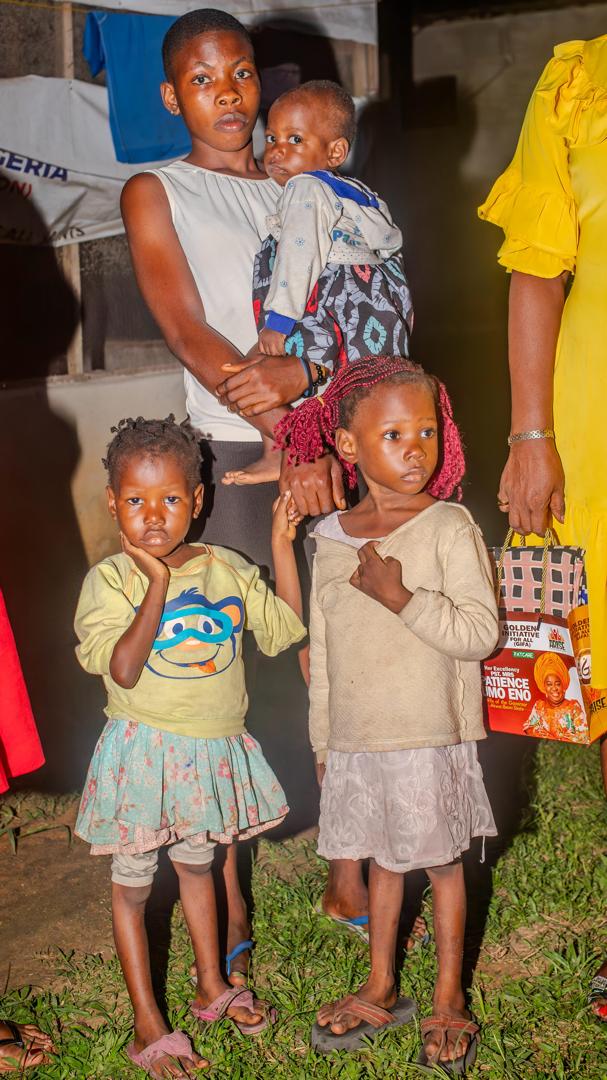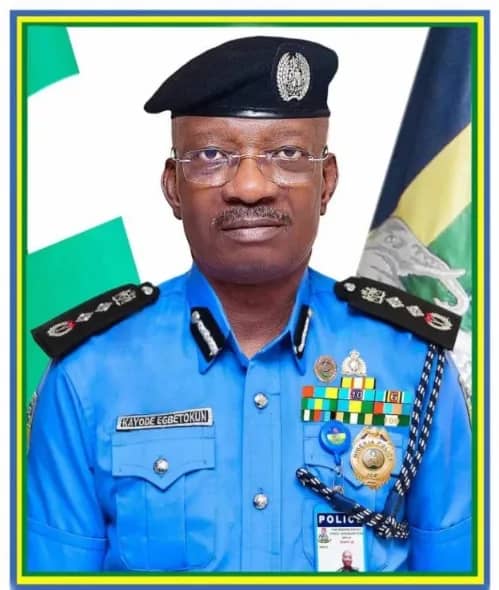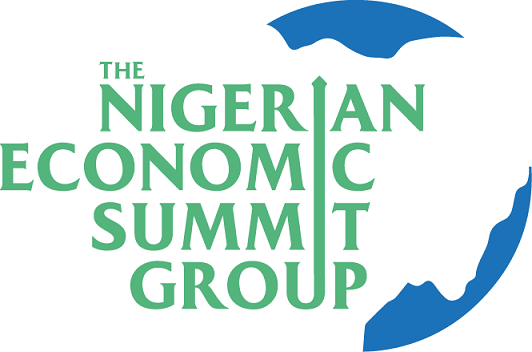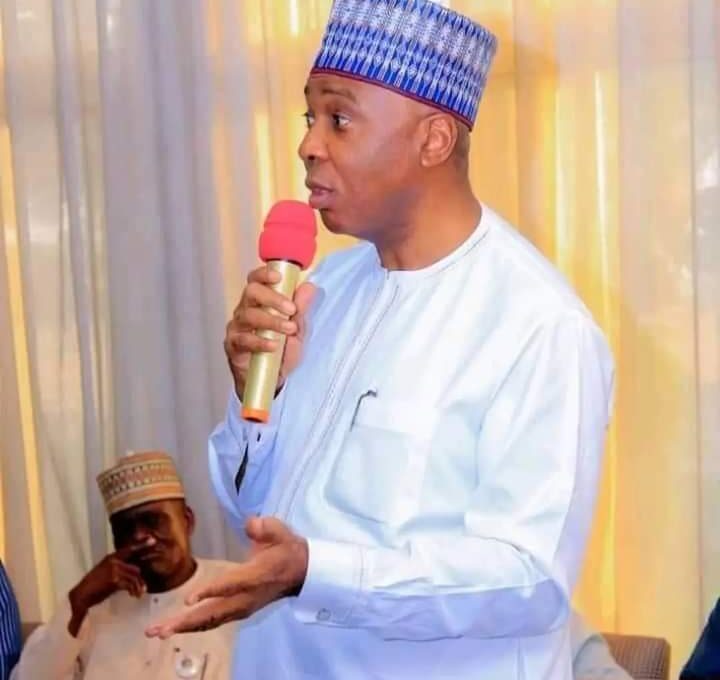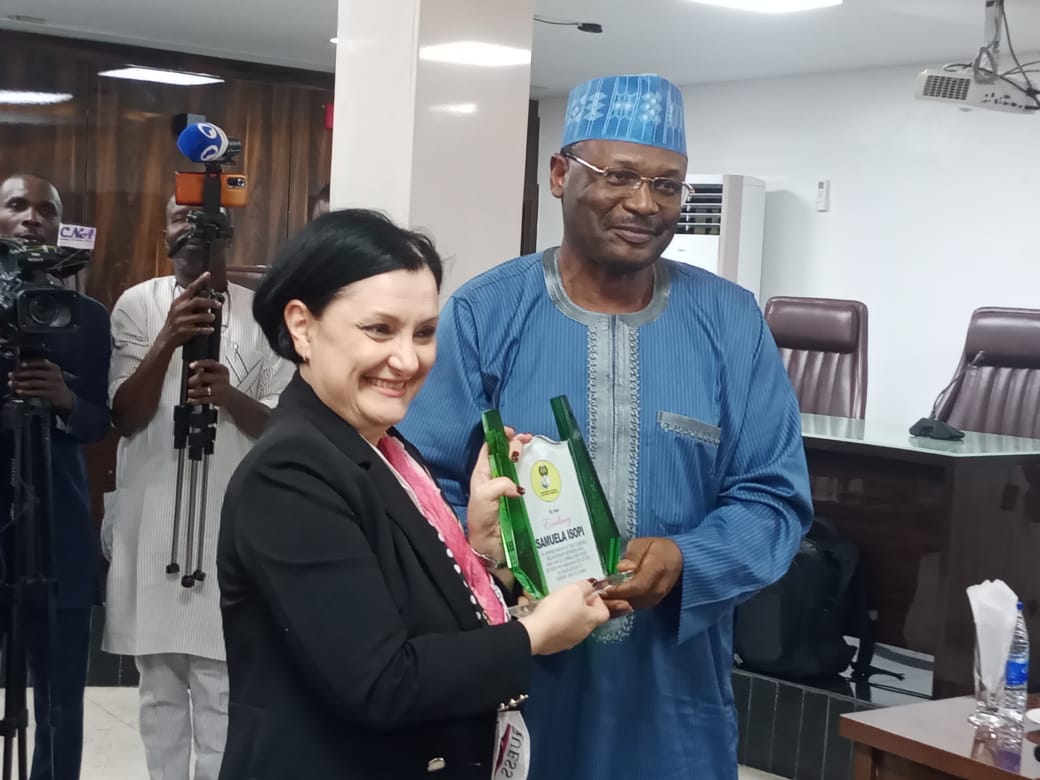
Nigeria’s Voters Outnumber West Africa’s Total By 10m-INEC
Mohammed Shosanya The Chairman of the Independent National Electoral Commission (INEC), Prof. Mahmood Yakubu, says Nigeria’s registered voters outnumber those of the entire West African subregion by over 10 million. He disclosed




